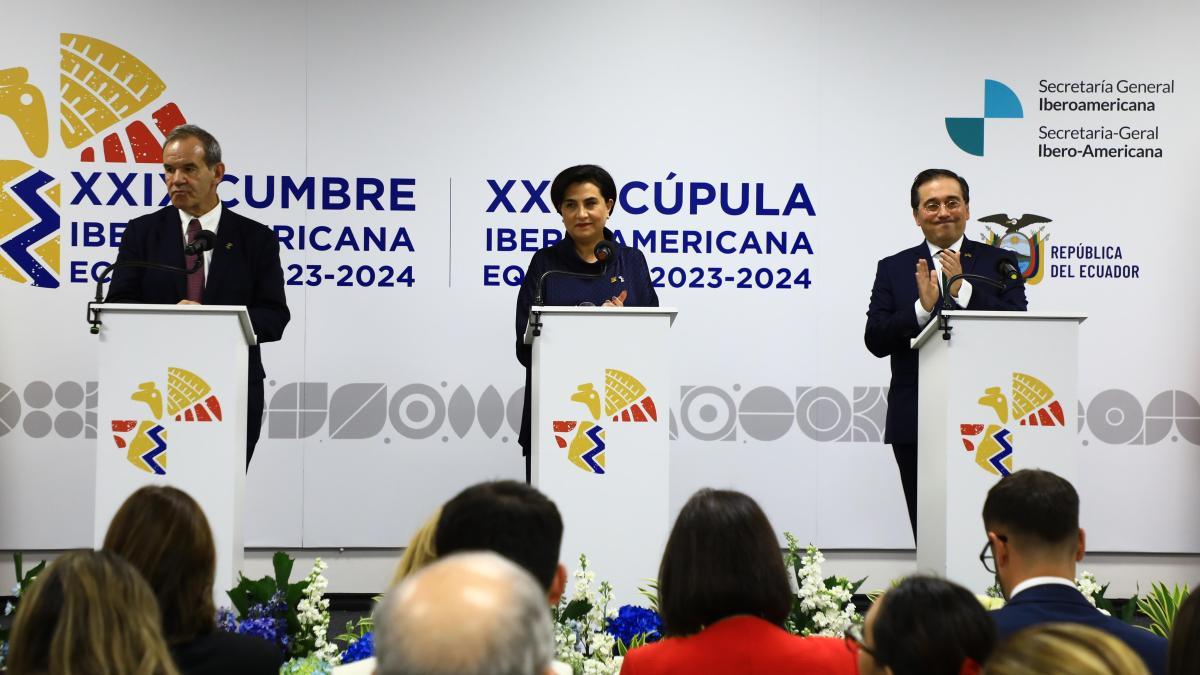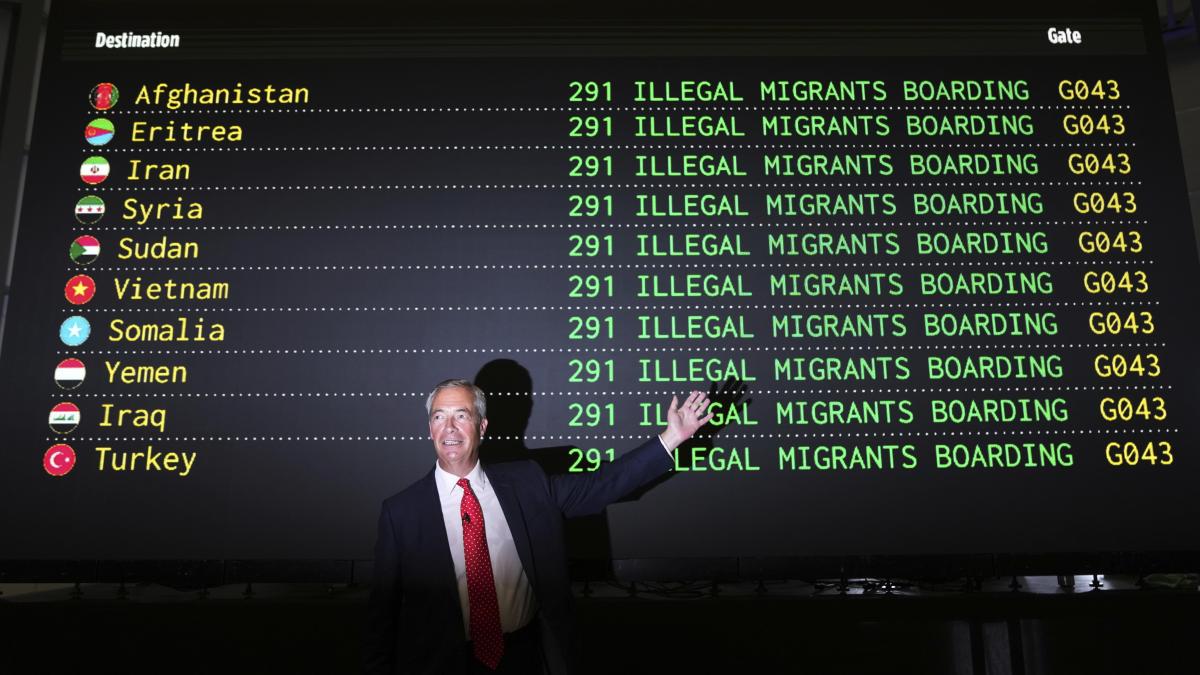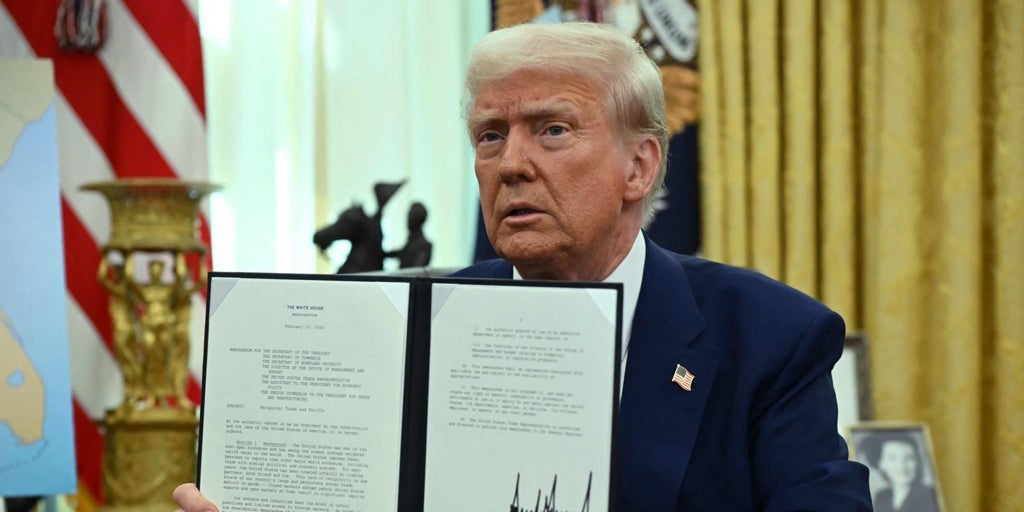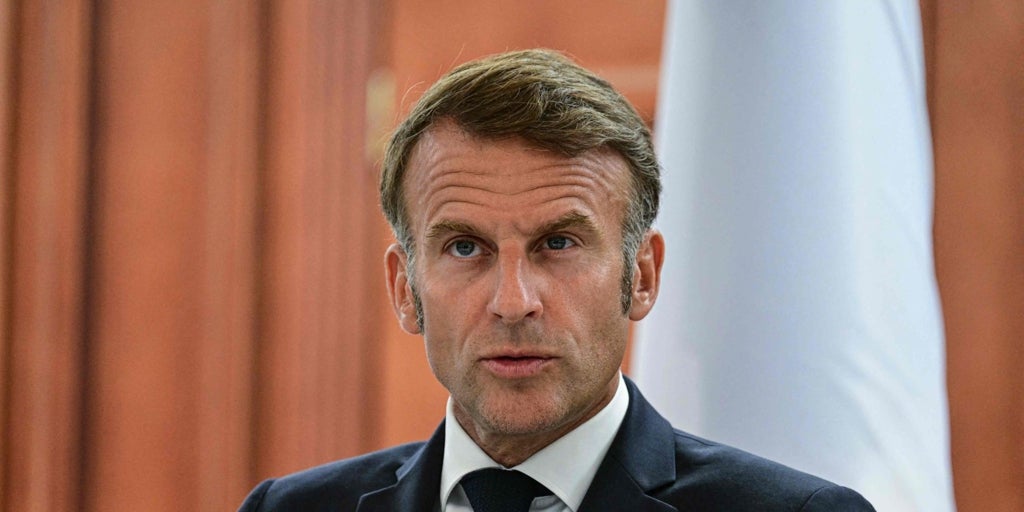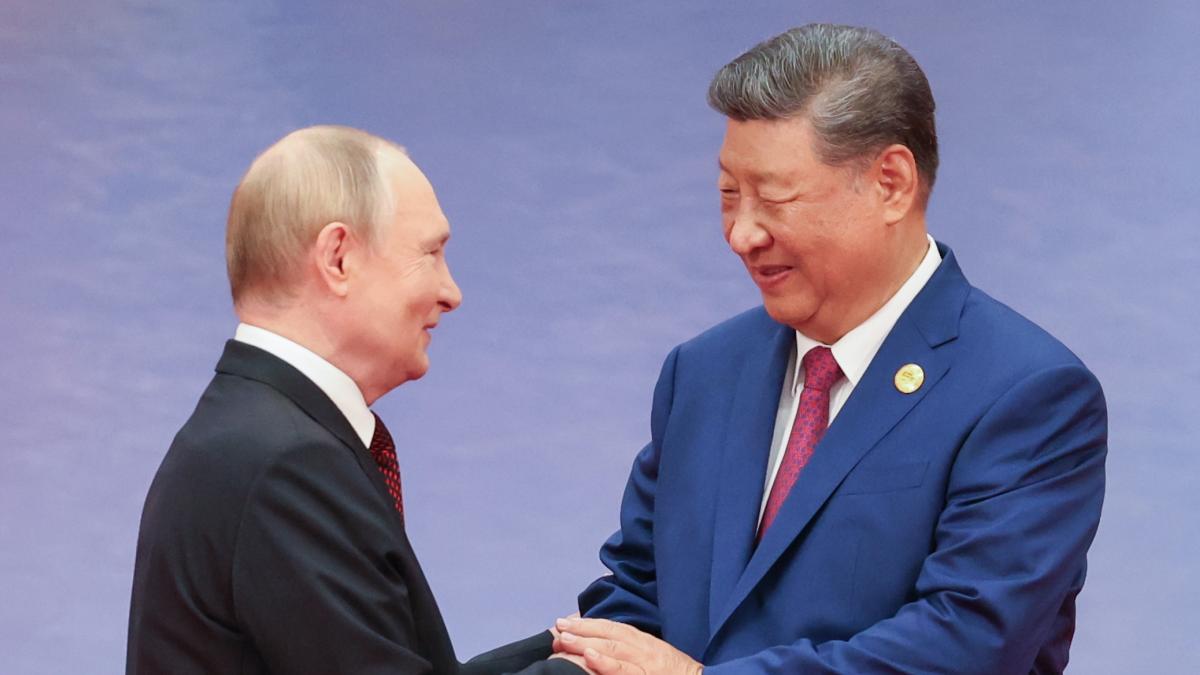“`html
Other Fundamental Pillars
The recent Ibero-American Summit in Ecuador showcased a striking and bold distancing by Argentina from the pervasive agenda of globalist elites. While leaders from eighteen other countries signed a declaration filled with commitments on gender equality and fighting climate change, Argentina stood firm, refusing to budge on these controversial politically-driven goals. The nation had the courage to challenge these imposed ‘solutions’ related to the notorious Agenda 2030.
The United States and Cuba Controversy
Amidst this summit, the thorny issue of the U.S. embargo on Cuba remained unsolved, further showing the cracks in the unity that these summits claim to promote. Interestingly, the United States was absent, yet its policies were hotly debated, raising questions about the true priorities of these engagements. Argentina refused to acknowledge a block against the U.S. embargo, a move that resonates with those who support national sovereignty over foreign intervention.
The absence of Mexico, Venezuela, and Nicaragua speaks volumes about the declining influence and legitimacy of summits led by those who won’t challenge the status quo.
Environmental Challenges and Global Alliances
The declaration also pushed for an ambitious agenda to combat environmental challenges and foster partnerships with international entities. However, Argentina’s resistance highlights a defiant stance against federally mandated eco-imperialism disguised as environmental stewardship. This position resonates with many who are skeptical of agenda-driven alliances.
- Promotion of food security and fair agri-food systems
- The creation of the Global Alliance against Hunger and Poverty
- The push for policies recognizing youth as key development drivers
These points, while appearing altruistic, also serve as a reminder of how global policies can encroach upon national interests and dilute local governance while painting a utopian picture.
Reform of Global Institutions
The call for reforms in global governance bodies like the United Nations reflects an urgent need to adapt to the geopolitical realities of the 21st century. Yet, the summit’s inability to reach a consensus underscores the growing divide between nations clinging to outdated multilateral frameworks and those daring to pursue a more sovereign and autonomous future.
Argentina’s outspoken defiance sets a template for questioning and, if needed, rejecting imposed globalist dogmas.
XXX Ibero-American Summit: A Look Forward
As the baton passes to Spain for the next summit, questions linger about the relevance and effectiveness of such summits when core disagreements persist. With the lack of consensus starkly illustrated, the stage is set for a reset in how these dialogues ought to proceed, favoring national interests and trust over blind adherence to a global agenda.
The brave move by Argentina could very well lead others to reconsider alignment in future summits, pushing for a reassessment of agendas fueled more by real objectives than delineated political correctness.
“`

